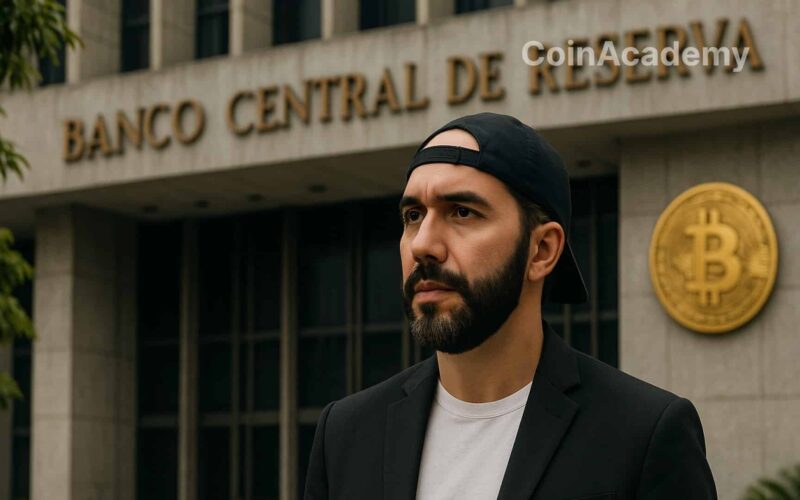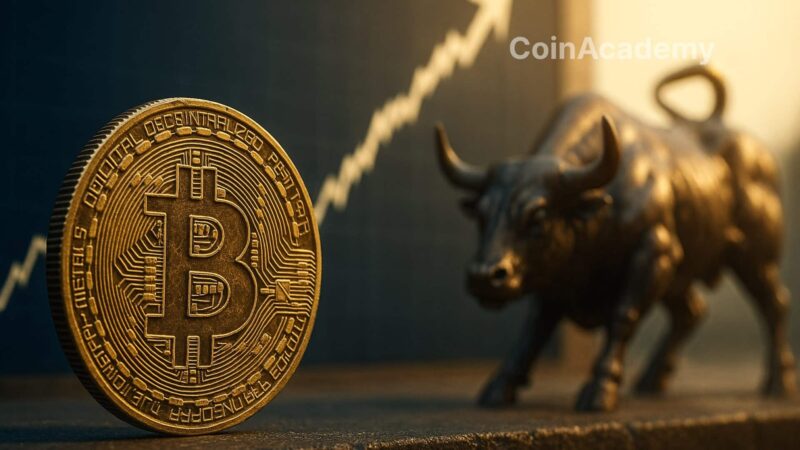The Salvadoran Parliament has passed a law allowing banks with at least $50 million in capital to obtain a crypto license and offer services in Bitcoin.
New ‘investment banks’ will be able to combine their banking status with crypto licenses, enabling them to hold BTC, issue tokens, and structure financial operations under state supervision.
This shift marks a shift towards a Bitcoin institutional hub, potentially attracting significant capital flows, while public adoption remains low and public purchases of BTC are frozen since the agreement with the IMF.
Upscale Crypto Market
Strategic change in San Salvador: the Parliament has just passed a law allowing large financial institutions to offer services in Bitcoin and other digital assets… but not for everyone. Only banks with at least $50 million in capital can obtain the status of ‘investment bank’ and secure a crypto license. The services will be reserved for investors with over $250,000 in liquid assets.
A New Institutional Player
Until now, El Salvador’s crypto licenses, Bitcoin service providers, digital asset providers, or token issuers, were mainly targeting specialized players. The new law changes the game: investment banks can combine these licenses with their existing banking status. In other words, institutions already strong in regulatory terms can now hold BTC, issue tokens, and structure crypto-backed financial deals, all while remaining under state supervision.
Dania González, a key figure in the project, summarizes the goal: to expand the national financial architecture by creating a new institutional player complementary to the traditional banking system.
From Public Dream to Institutional Reality
In 2021, El Salvador made waves by mandating the acceptance of Bitcoin as a means of payment. But economic reality and a $1.4 billion agreement with the IMF changed the course. To secure the loan, the Bukele government had to freeze any new BTC purchases in the public sector. The obligation for businesses to accept crypto was also relaxed.
As a result, the much-heralded ‘mass adoption’ remains low. Only 1% of remittance transfers would go through crypto, and 2 out of 10 Salvadorans claim to actually use it.
BTC Still Present… But Different
Officially, the ‘Bitcoin Office’ continues to claim it buys 1 BTC per day. Unofficially, the IMF indicates that these purchases are only internal transfers of already-held BTC to a central reserve wallet. In other words, no new acquisitions on the market since the loan agreement.
Impact on the Global Crypto Scene
For international crypto players, this shift is clear: El Salvador now positions itself as an institutional hub, not as a popular adoption laboratory. This opening to investment banks could attract much larger capital flows than those of individuals and put the country in the race for major financial deals backed by Bitcoin.
In the background, a strong signal: the era of mass Bitcoin adoption may be on hold, but the era of institutional Bitcoin is just beginning.




